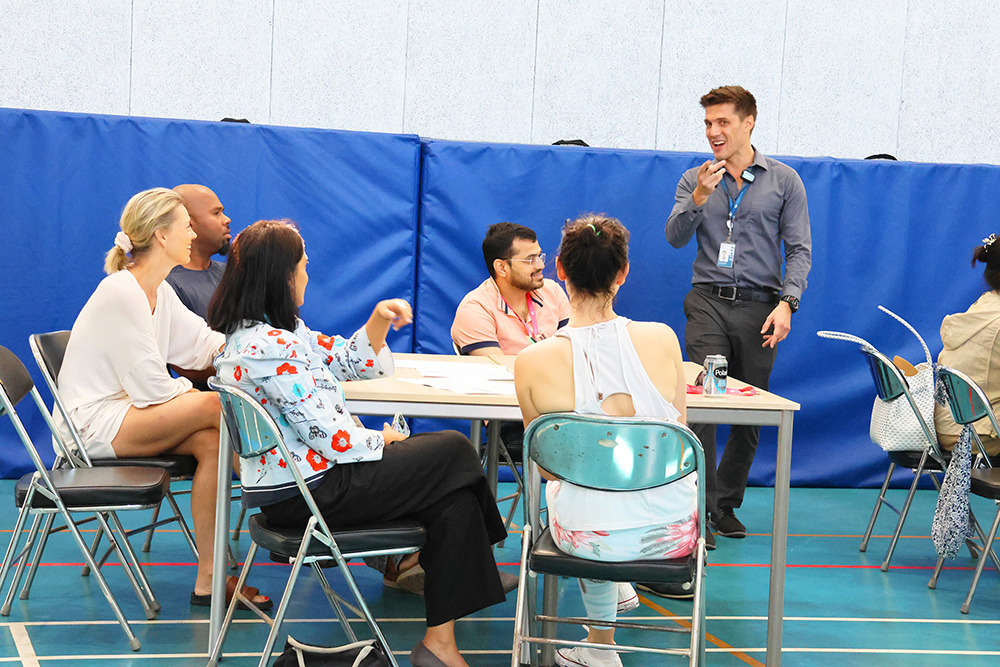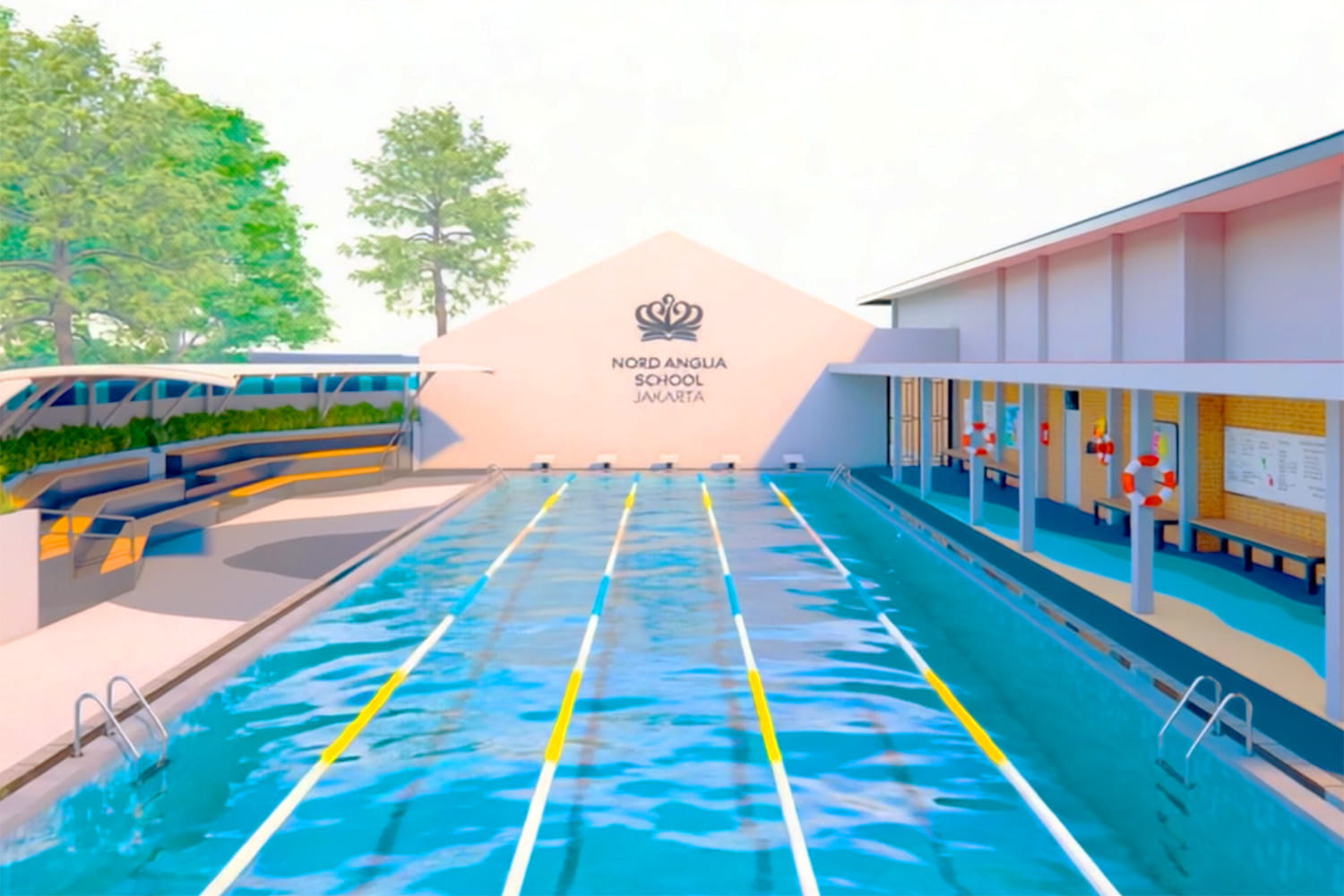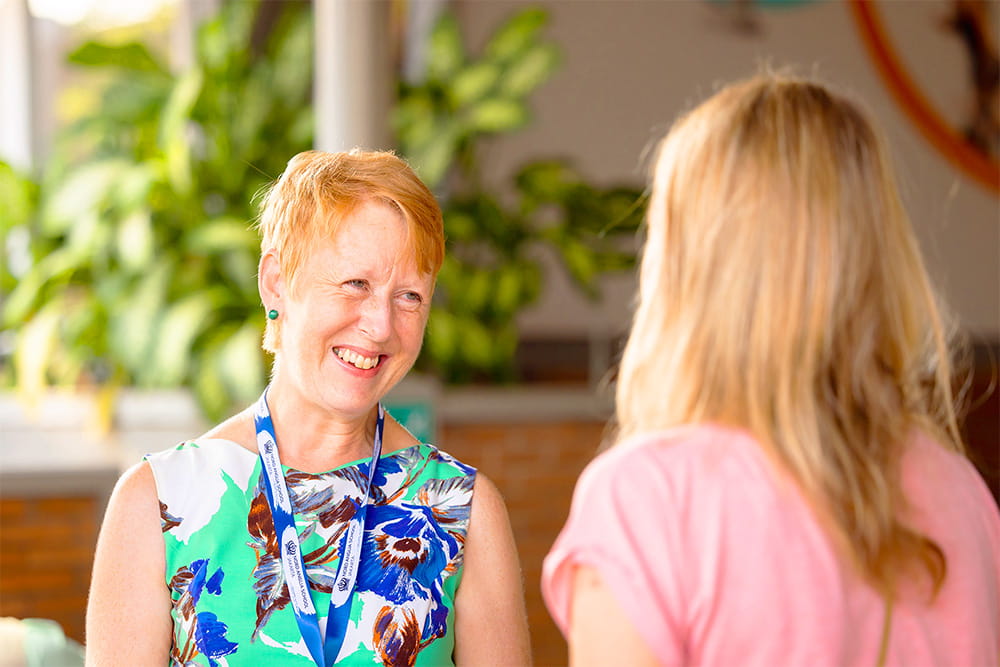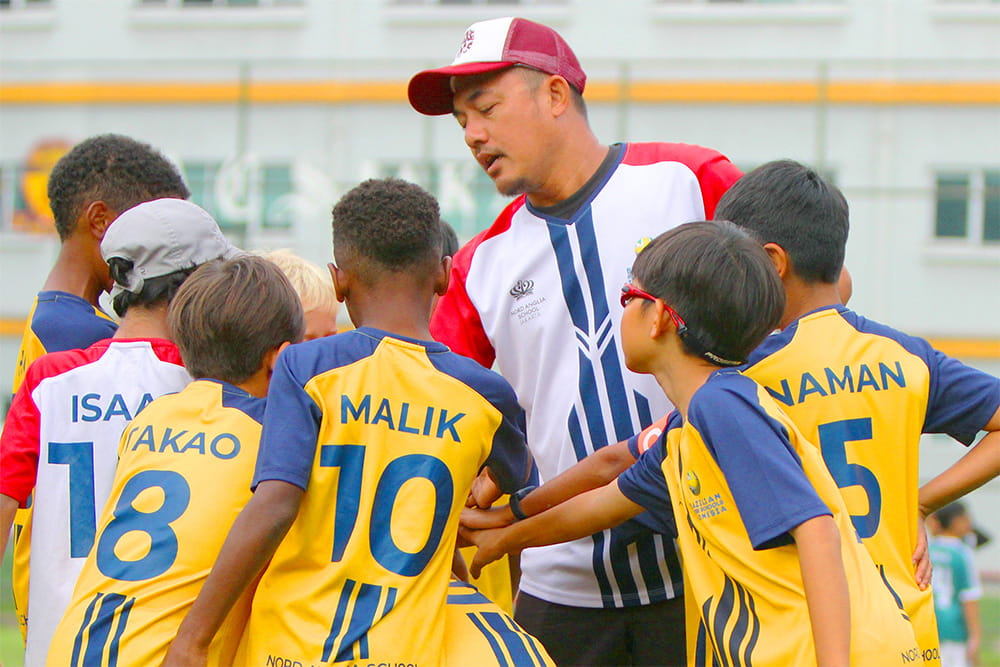Why have we introduced Talk for Writing at NAS Jakarta?
The answer is simple. T4W is a tried and tested approach to raising achievement, enjoyment and engagement in English.
How does it work?
The Talk for Writing approach enables children to read and write independently for a variety of audiences and purposes within a range of genres. A key feature is that children internalise the language structures needed to write through ‘talking the text’, as well as close reading. The approach moves from dependence towards independence, with the teacher using shared and guided teaching to develop the ability in children to write creatively and powerfully.
What are the four key phases?
1. Assessment of the ‘cold task’
The first step in the T4W process is for teachers to provide a stimulus related to the planned topic or genre for children’s writing without any prior teaching. The aim of this is for the teacher to find out what children can do independently at the start of the unit, drawing on prior learning. Assessment of this written task then enables teachers to plan the unit of work according to the needs of the class, groups of children and individual children.
2. The imitation stage
This is where the fun really begins with a well designed ‘hook’ which engages the children with a sense of enjoyment, audience, and purpose. Essentially, the ‘hook’ is designed to grab the children’s attention and imagination and to immerse them into the genre or topic. T4W Videos
Once on board, activities such as drama are used to deepen understanding of the chosen text whether fiction or non-fiction and children begin to ‘talk the model text’ learning language patterns, writing techniques, key spellings and grammatical patterns.
3. The innovation stage
Once the children are familiar with the model text, the teacher then leads them into creating their own version hence the innovation phase. Shared and guided writing is used to stage the process over a number of days as children are supported to write their own texts, concentrating on bringing all of the taught elements together, writing effectively and accurately. Feedback, whether from the teacher, teaching assistant or their peers is crucial at this point in the writing process as it allows children to improve their writing and hone their skills.
4. Invention and the ‘hot task’
Finally, children move onto the final phase, which is when they apply independently what has been taught and practised. Children are guided through planning, drafting and revising their work independently. Writing may be staged over a number of days and there may be time for several independent pieces to be written. The final piece is used as the ‘hot task’, which clearly shows progress across the unit.
Please do talk to your children about their experiences of T4W and if you would like to find out more, please get in touch with Mr. David who is our T4W lead in school.







